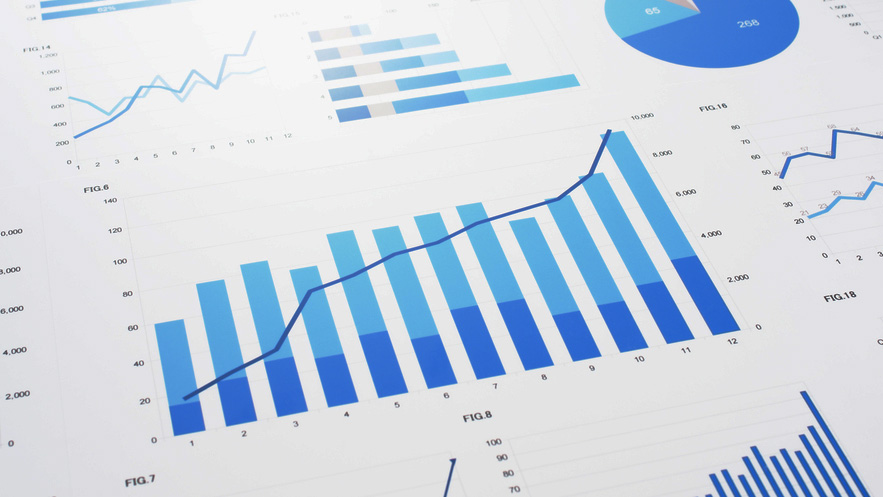Fitch discusses softening used-car prices & auto ABS performance

By subscribing, you agree to receive communications from Auto Remarketing and our partners in accordance with our Privacy Policy. We may share your information with select partners and sponsors who may contact you about their products and services. You may unsubscribe at any time.
This week, Fitch Ratings offered its expectations for the securitization market in relation to the gradual softening of used-car prices.
Fitch supported its assertions by citing a variety of data points from Black Book, Edmunds and federal officials about how the market has behaved since the first half of 2021.
“Used-vehicle prices have retreated from record highs in 2021 but remain above pre-pandemic levels,” Fitch said in a news release. “Going forward, the pace of decline is expected to moderate, reaching levels that still support auto ABS recoveries and residual values.
“Auto ABS performance will remain strong, albeit not as robust as the exceptional performance of the past few years, with a resilient consumer underpinning solid used-vehicle demand,” the firm continued.
Fitch recapped Black Book data that showed wholesale prices jumped more than 29% during just the first six months of 2021, “as low new-vehicle inventory pushed consumers into the used space, followed by a gradual decline in 2022 and 2023.”
By the end of last year, the Black Book Used Vehicle Retention Index dropped 10.9%. However, Fitch pointed out the index remained 33.3% higher than at the end of 2019.
Subscribe to Auto Remarketing to stay informed and stay ahead.
By subscribing, you agree to receive communications from Auto Remarketing and our partners in accordance with our Privacy Policy. We may share your information with select partners and sponsors who may contact you about their products and services. You may unsubscribe at any time.
Furthermore, Fitch noted new-vehicle prices are up almost 22% from the end of 2019, according to information gathered by federal officials for the Consumer Price Index.
And monthly payments for new vehicles reached $739 during during the fourth quarter, a record high according to Edmunds.
“Demand remains strong for used vehicles given desire for affordability amid high new vehicle prices, interest rates and even fewer sedan offerings from OEMs in their new vehicle line-ups,” Fitch said.
“Although Fitch expects slower nominal wage growth in the U.S. in 2024 with lower inflation, it remains above historical trends,” analysts continued. “The tight labor market and pandemic-related excess consumer savings will continue to support vehicle demand through 2024.
“Prime performance will remain resilient with subprime borrowers pressured more by higher cost of living,” Fitch went on to say.


